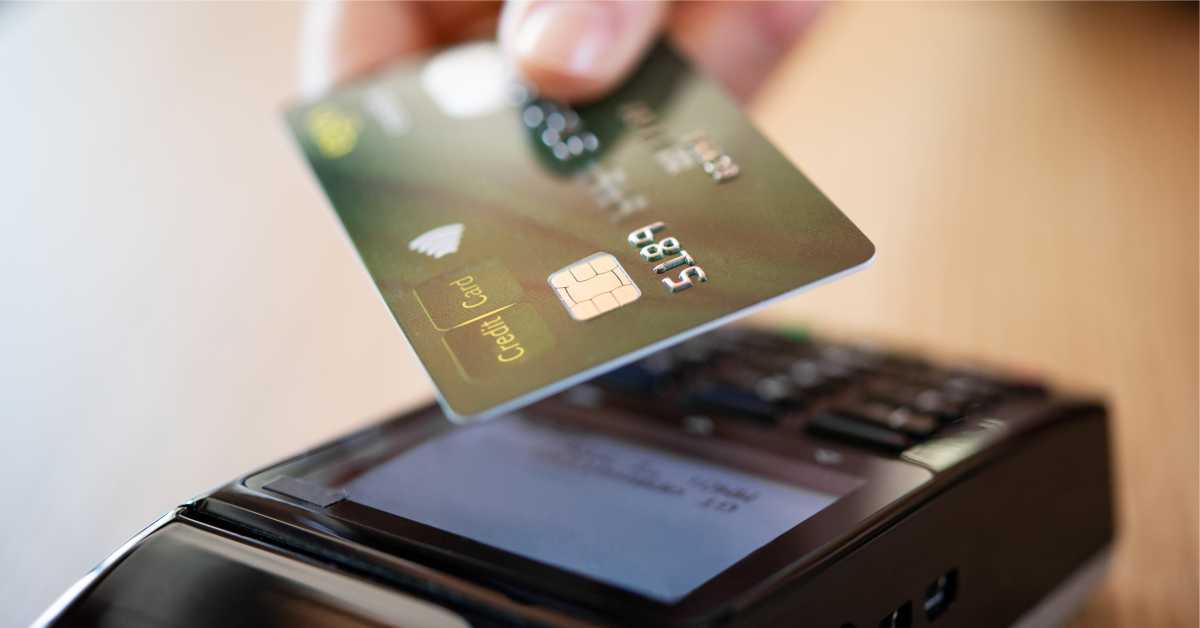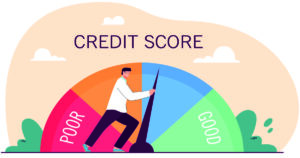Credit cards are powerful financial tools that offer convenience, flexibility, and rewards. However, when used irresponsibly, they can lead to high-interest debt, financial stress, and damage to your credit score. In this article, we’ll demystify credit cards, explore how to use them wisely, and provide tips for avoiding common debt traps.

Understanding Credit Cards
A credit card is a payment card issued by a banks and other financial institutions that allows cardholders to borrow money to a predetermined credit limit. Unlike debit cards, which draw funds directly from your checking account, credit cards offer a line of credit that must be repaid with interest if not paid in full by the due date.
How Credit Cards Work
When you use a credit card for a purchase, you’re essentially borrowing money from the credit card issuer. Each month, you’ll receive a statement detailing your purchases, payments, and any applicable fees or interest charges.
To avoid interest charges, you can pay your balance in full by the due date. If you carry a balance, interest will accrue on the remaining balance, increasing the total amount you owe.
Use Your Credit Card Wisely...
While credit cards offer numerous benefits, it’s essential to use them wisely to avoid falling into debt traps. Here are some tips for using credit cards responsibly:

How To Avoid Debt Traps
Minimum Payments
Making only the minimum payment on your credit card each month can keep you in debt for years and cost you hundreds or even thousands of dollars in interest. Always aim to pay more than the minimum payment to reduce your balance faster.
Ignoring Interest Rates
Credit cards often come with high-interest rates, especially for cardholders with less-than-perfect credit. Be mindful of your card’s interest rate and try to pay off your balance as quickly as possible to minimize interest charges.ce your balance faster.
Relying On Credit For Essentials
Using credit cards to cover essential expenses like groceries, rent, or utilities can be a sign of financial trouble. If you find yourself relying on credit for necessities, it may be time to reevaluate your budget and explore ways to increase your income or reduce expenses.
Ignoring Warning Signals
Ignoring warning signs of financial trouble, such as maxing out your credit cards, receiving collection calls, or constantly juggling payments, can lead to a cycle of debt that’s difficult to break. Take proactive steps to address financial challenges and seek assistance if needed.
Opening Too Many Accounts
Opening multiple credit card accounts can increase your overall credit limit but also tempt you to overspend. Stick to one or two credit cards that meet your needs and avoid applying for new accounts unless necessary.
... Some Interesting Credit Card Statistics
- According to the Federal Reserve, as of 2020, there were over 1.1 billion credit cards in circulation in the United States.
- The average American carries a credit card balance of over $6,000, according to Experian’s 2021 Consumer Credit Review.
- Credit card debt in the United States surpassed $1 trillion in 2020, according to the Federal Reserve.
- The average interest rate on credit cards is around 16%, making it essential to pay off balances quickly to avoid high interest charges.
- Approximately 40% of Americans have credit card debt, according to a survey by CNBC.
- Millennials carry an average credit card balance of $4,712, according to a report by Experian, highlighting the challenges faced by younger generations in managing credit card debt.
what to remember...
Credit cards can be valuable financial tools when used responsibly, but they can also lead to financial pitfalls if mismanaged. By understanding how credit cards work, using them wisely, and avoiding common debt traps, you can harness the benefits of credit cards while maintaining financial stability and peace of mind. Remember, the key to successful credit card management is to spend within your means, pay your balance in full each month, and prioritize financial responsibility. With careful planning and discipline, you can navigate the world of credit cards confidently and achieve your financial goals.




